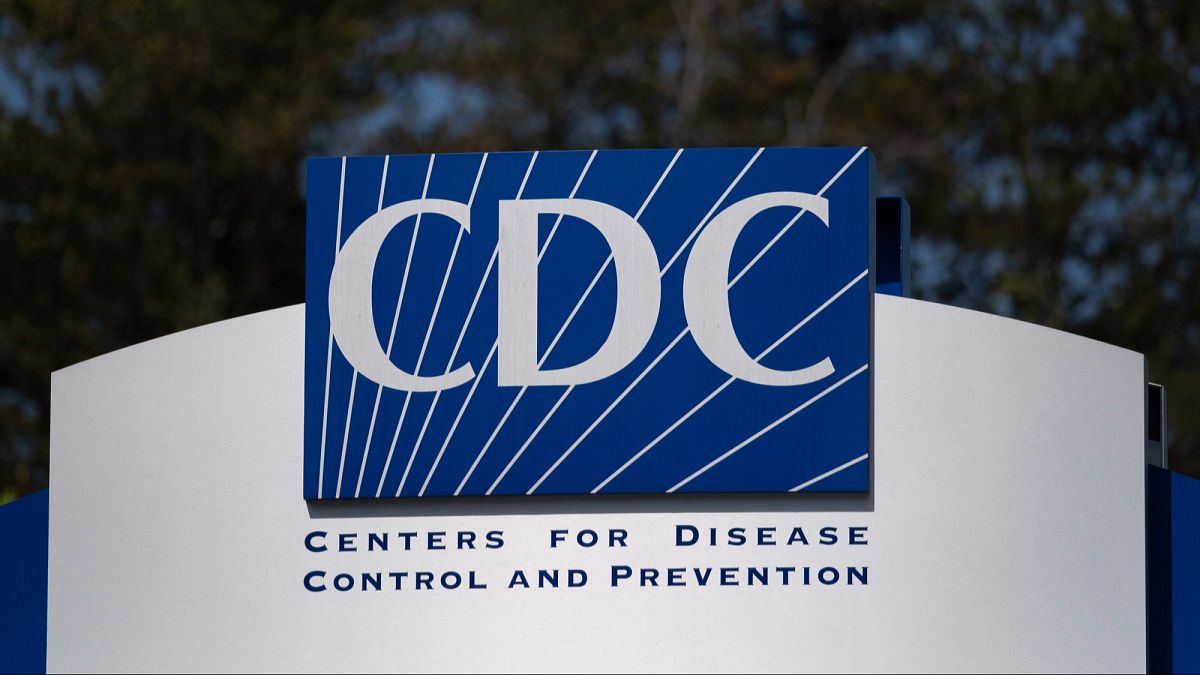

In a recent sequence of developments that have drawn attention and concern, significant policy adjustments have been highlighted within the realm of US health data management and international aid. These policy shifts, occurring during the presidency of Donald Trump, have evoked responses from various sectors, particularly those involved in global health and data transparency.
Initially, an investigation unveiled notable alterations made to US health datasets in the early months of Trump’s presidency. Researchers reported that nearly half of the datasets they analyzed underwent substantial changes, which were said to align with a government initiative characterized by a targeted approach to ‘gender ideology.’ The intent and implications of these changes have been the subject of considerable scrutiny, especially from data scientists and health policy experts who emphasize the importance of maintaining transparency and accuracy in publicly funded health data.
It’s crucial to note that data integrity stands at the forefront of healthcare policymaking. When datasets are modified without clear communication or justification, it can lead to broader concerns about the reliability of health-related information that informs not only domestic policy but also international health initiatives and collaborations.
In tandem with these domestic developments, the international community has experienced ripples of change linked to shifts in US aid policies, particularly affecting global health programs. Winnie Byanyima, the executive director of UNAids, expressed profound concern over the US’s decision to significantly reduce funding for Pepfar, a pivotal program that provides crucial support in combating HIV and Aids globally. She expressed apprehension that these funding cuts could lead to an increase in HIV rates and a higher number of Aids-related fatalities within the coming years.
According to Byanyima, the cutbacks could potentially result in six million additional HIV infections and four million more deaths by the year 2029 if alternative resources or replacement funding are not secured. As UNAids continues to advocate for vulnerable populations worldwide, this reduction in support underscores the importance of sustained international cooperation and commitments to global health initiatives.
Health experts and international agencies around the world are advocating for a reassessment of funding allocations and a steadfast commitment to programs that have shown efficacy over the years. They emphasize that the ramifications of these changes extend beyond immediate healthcare needs, influencing economic stability and social cohesion in regions heavily dependent on external aid.
The broader picture that emerges from these developments is one of complex interdependencies between domestic policy decisions and global health outcomes. As the global community navigates these challenging waters, the calls for transparency, budgetary predictability, and international support systems grow ever more resonant. By nurturing informed dialogue and fostering collaborative efforts, stakeholders can aim to mitigate the negative impacts that often accompany abrupt policy shifts in the public health arena.
This evolving situation invites reflection on how policy decisions at the national level can reverberate across borders, affecting a multitude of lives and shaping the health landscape for years to come. It reinforces the fundamental principle that health, as a universal concern, requires unified action and enduring commitment, ensuring that progress achieved through decades of effort continues to advance, unimpeded by transitory political currents.
Source: {link}
